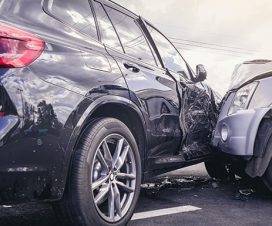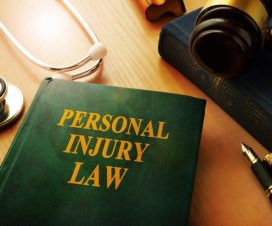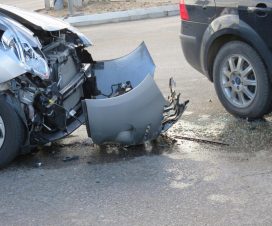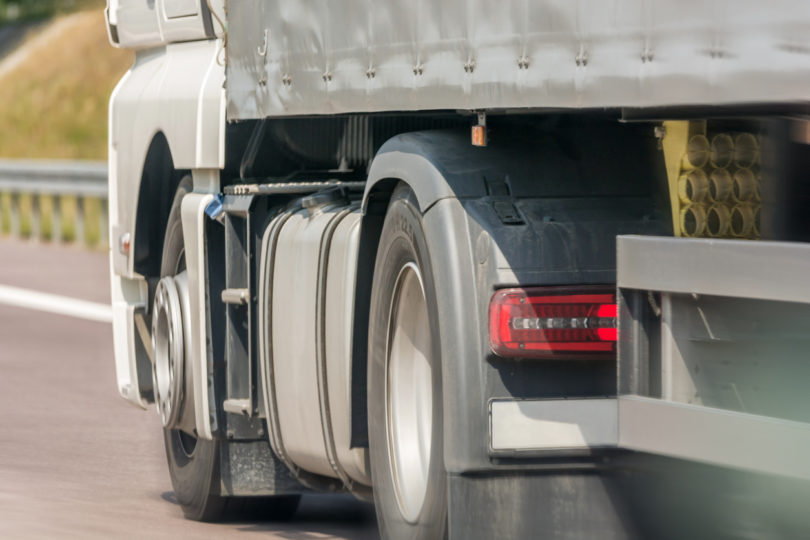 |
With the pandemic beginning to ebb just a bit, more drivers are getting back onto roads and traveling, whether to rural areas to visit family they haven’t seen in a year or down busy streets in major cities to experience the nightlife. Unfortunately, with that welcome development comes a spike in the likelihood that you or someone you know will get into a car accident.
If you’ve been driving for any significant period of time, you’re likely familiar with general defensive driving techniques, you know that there are places where you’re more likely to get in an accident, and you know how to recognize the signs of aggressive driving and when to put distance between yourself and other drivers. What you might not know is that commercial vehicles can represent a not-insignificant threat to other drivers, especially if the driver has been improperly trained, is worn down by fatigue, or the truck itself is in poor maintenance. Here are a few things you may want to know about this sleeper threat to road safety and how to recover from a commercial vehicle accident should you ever get into one.
1. You Aren’t Likely to Walk Away Intact
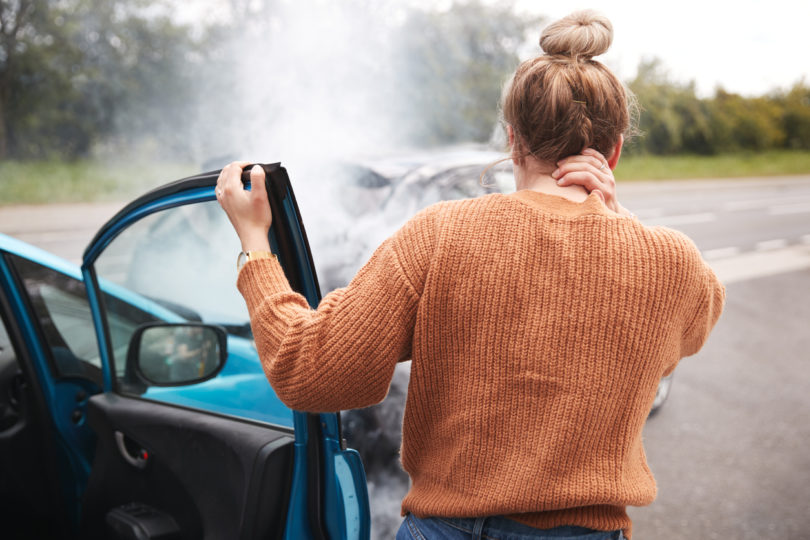
Source: alexanderorthopaedics.com
The purpose of this article isn’t to scare you but to inform you and to encourage you to be careful when driving in the vicinity of commercial vehicles. That is because generally speaking, large trucks weigh 20 to 30 times that of your average passenger vehicle and also have a greater range of potential impact whenever they jackknife or rollover. As a result, the drivers of passenger vehicles are much more likely to sustain an injury or severe damage to their car than the truck’s driver or even the truck itself.
Possible injuries associated with these accidents include:
- Paralysis and damage to the spinal cord
- Traumatic Brain Injuries
- Severe damage to internal organs, requiring extensive surgery
- Back injuries, broken bones
- Death
2. They’re More Likely Than You Might Think
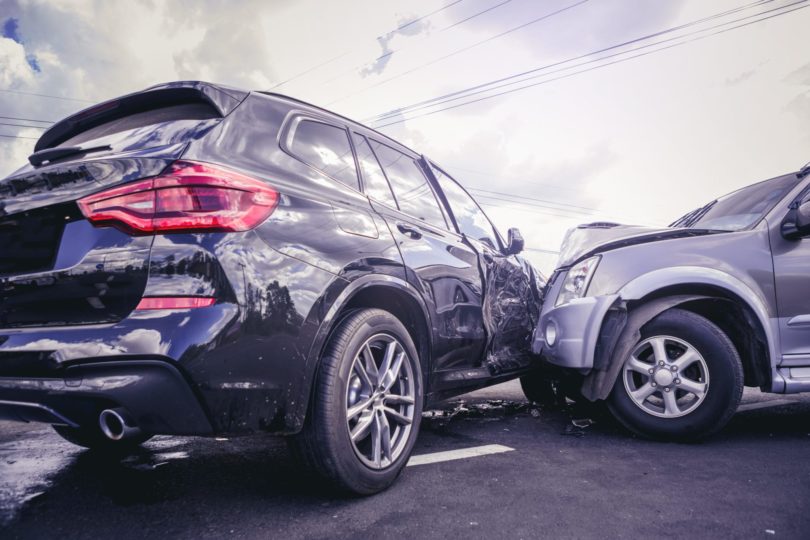
Source: florinroebig.com
First off, it’s essential to acknowledge that the same kinds of conditions that would cause accidents between passenger vehicles can cause accidents with commercial vehicles. While commercial vehicle drivers must go through training and are expected to operate within federal regulations, they are fallible and often overworked. Haste on the part of drivers, especially in unsafe road conditions such as heavy rain or snow, can lead to just as many commercial vehicle accidents as passenger vehicle accidents.
Trucker fatigue is also a very real phenomenon as while federal regulations require that truck drivers stop working after an 11 hour period, according to iihs.org, many of them break those rules and overwork themselves. Whether that’s because they need to meet a specific deadline or because they need to hit a certain number of hours to make a living, trucker fatigue soon sets in for these drivers, making it difficult for them to remain alert.
3. It Will Be Harder to Fight For Yourself

Source: robertdebry.com
While the goal should always be to prevent yourself from getting into an accident, it’s also essential to have a realistic idea of what to expect should you get into a commercial vehicle accident in particular. Commercial entities are not in the habit of admitting fault, and so even if the responsibility does lie solely with the driver, you’ll likely have a fight on your hands should you choose to file an insurance claim. You’ll need to have a good lawyer on your hands like the ones at RosenfeldInjuryLawyers if you get into a scrap with a corporation, as they will have experienced agents standing by to attempt to dismiss claims like yours.
Moreover, there’s also the possibility that the truck driver could claim that they were the injured party, filing the case as a worker’s comp issue and holding you as the responsible party. Your best defense against this is, again, a good lawyer who has dealt with cases like yours and will be able to help you defend your perspective in a court of law.
4. What to Do When a Crash Occurs
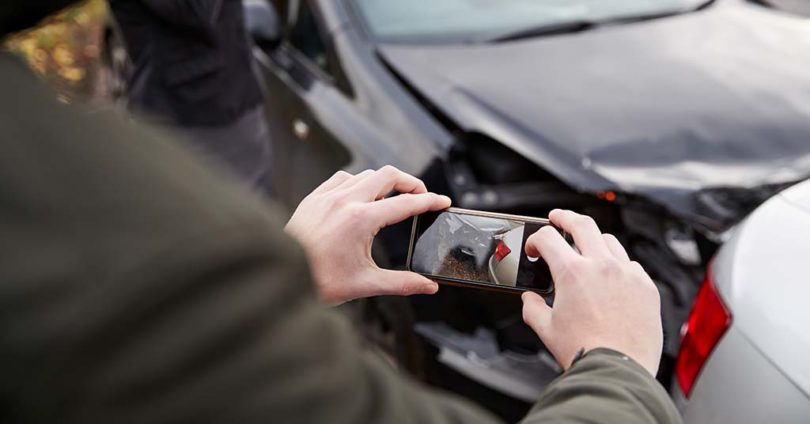
Source: dsclaw.co.za
Of course, the best way to avoid these scenarios is to avoid getting into an accident entirely. But unless you’re Nostradamus, you’re not going to be able to see every accident coming, and there’s no accounting for carelessness or negligence on other drivers’ parts no matter how defensively you drive. If you manage to get caught in a crash, follow these simple steps to prepare for your upcoming date in court:
- Inform the police immediately. Putting aside that you should do this in any case, an official police report will go a long way towards establishing a firm foundation for your case.
- Take pictures of the scene of the accident. Get as much as you can on camera. Your photos are going to be the closest thing to being able to recreate the scene, and the details will likely be important. Also, take care to get the contact information of witnesses in case you happen to need their testimony.
- Call your insurance. While nobody particularly likes this step and you might be concerned about the possibility of your insurance rates rising, it’s better your insurance company finds out about the accident from you. Tell your story to your insurance company as soon as you complete the other steps to avoid the truth being twisted.
- Hire a lawyer. Enough said. You’re ready to go to court.
Avoiding Commercial Vehicle Incidents
You might not have known that commercial vehicle incidents were such a significant threat, relegating them to the back of your mind and focusing on general defensive driving. But now that you do know, it’s best to keep an eye on the commercial vehicles around you. Always give them a wide berth, and should you notice any of them driving erratically, get out of their way. Avoid putting yourself directly in their path, and switch lanes if needed to allow them to pass you if they are driving at unsafe speeds.
With general defensive driving skills and adequate awareness of the threat, you’ll be fine. Just keep a weather eye, and know what you need to do should you find yourself in an unsafe situation.

